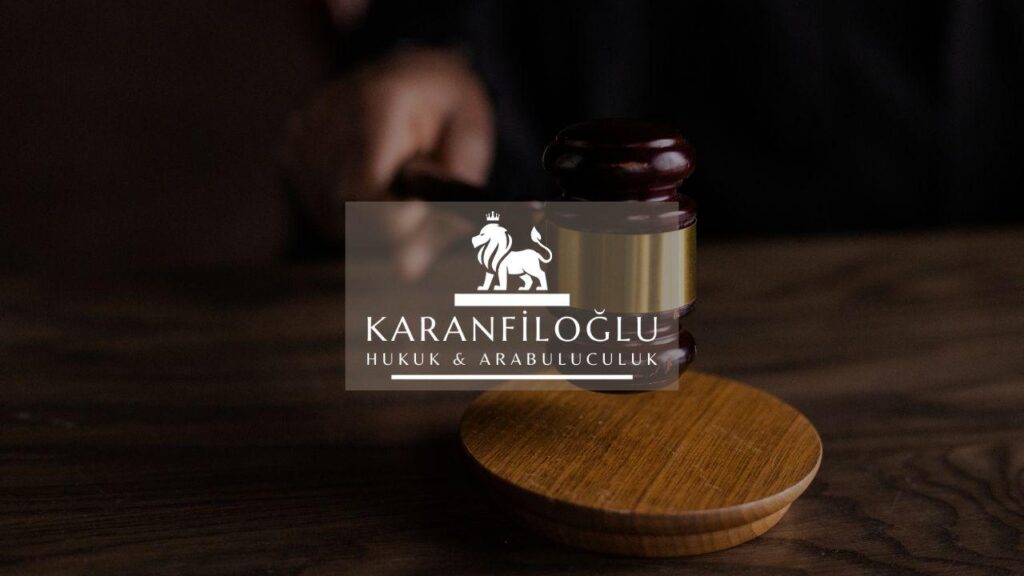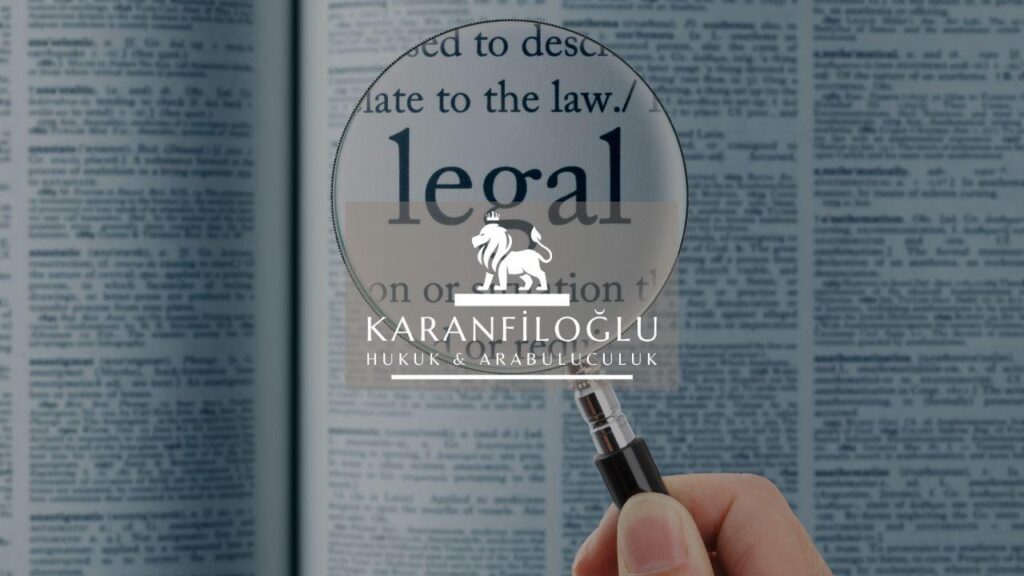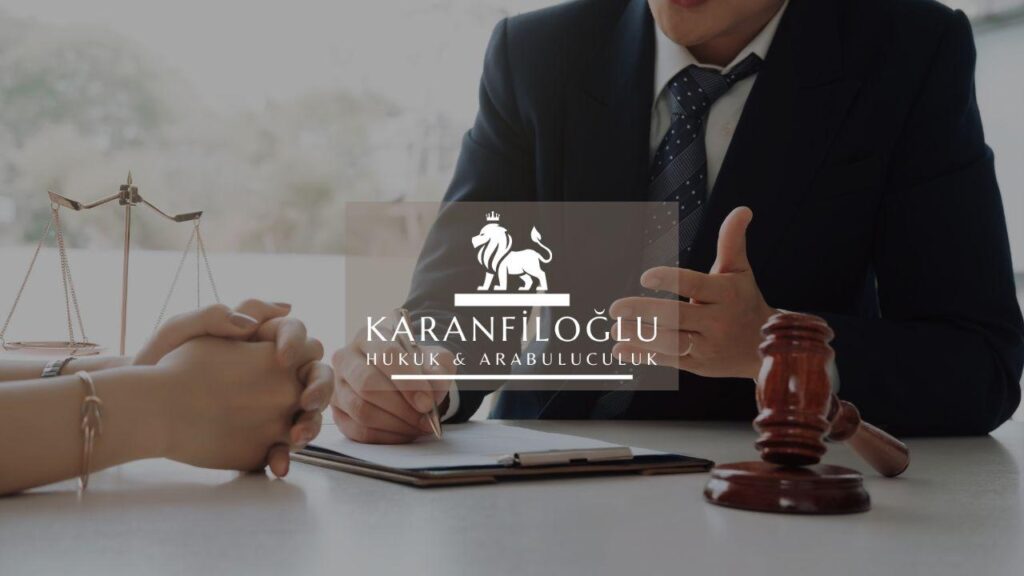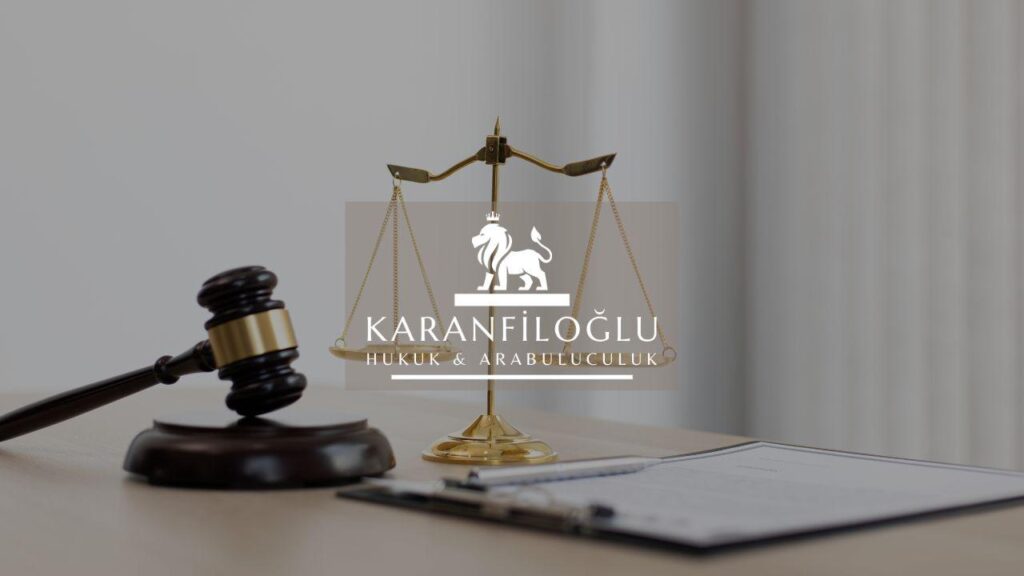Divorce in Turkey is governed by specific provisions outlined in the Turkish Civil Code (Law No. 4721), particularly articles 161 to 184. At Karanfiloglu Law Office, we understand that navigating these legal waters can be complex and emotionally challenging. Our firm is dedicated to providing expert guidance and representation to ensure that your interests are safeguarded throughout the divorce process. Whether your situation involves disputes over property division, alimony, child custody, or any other marital issues, familiarity with the relevant regulations, such as Article 166 which covers “grounds for divorce”, is crucial. Our team at Karanfiloglu Law Office is well-versed in these statutes and committed to achieving favorable outcomes for our clients. This guide aims to shed light on the intricacies of Turkish divorce laws, offering valuable insights for those contemplating or undergoing a marital dissolution in Turkey.
Grounds for Divorce in Turkey
In Turkey, the grounds for divorce are explicitly laid out in the Turkish Civil Code, particularly in Article 166. These grounds encompass both fault-based and no-fault divorces. Fault-based grounds for divorce include adultery (Article 161), malicious abandonment (Article 164), and severe insult or ill-treatment (Article 162). Meanwhile, a no-fault divorce can be pursued when a marriage has irretrievably broken down and the couple has been living separately for at least one year, or if cohabitation would be intolerable for either spouse. In such case, the court will examine the evidence and circumstances to determine if the marriage cannot be salvaged, ensuring that all requisite legal standards are met. At Karanfiloglu Law Office, we diligently evaluate each client’s individual case to navigate these legal nuances effectively, ensuring that your rights and interests are upheld throughout the divorce proceedings.
The Turkish Civil Code also recognizes other specific grounds for divorce that reflect severe marital discord. Article 163 addresses scenarios where one party is convicted of a crime and subsequently sentenced to a penalty that results in the loss of liberty. This situation can create significant strain on the marital relationship, justifying grounds for divorce. Another critical ground, as outlined in Article 165, is mental illness. When a spouse suffers from a mental disorder that poses a risk to the other party or makes the continuation of the marriage unbearable, and this condition is medically certified as incurable, the affected healthy spouse may seek divorce. In addition, persistent refusal by a spouse to fulfill marital obligations can also serve as a valid reason for divorce. At Karanfiloglu Law Office, our experienced attorneys are proficient in leveraging these provisions to present a compelling case that aligns with your personal circumstances and legal needs.
Understanding the grounds for divorce is only the first step; the actual legal process can be complex and requires a careful approach. In case of contested divorces, where parties cannot agree on the terms, the court will thoroughly investigate the causative grounds and gather necessary evidence, often involving witness testimony and expert evaluations. During this period, it’s vital to have competent legal representation to ensure that your case is presented effectively and your rights are safeguarded. Additionally, the protection of children’s welfare is paramount, and decisions related to child custody and support are made in accordance with Turkish Civil Code Articles 182 and 183. At Karanfiloglu Law Office, we take a holistic approach to each case, addressing not only the grounds for divorce but also surrounding issues such as asset division and child welfare to achieve a comprehensive and just outcome for our clients.
Division of Assets and Property
In Turkish divorce proceedings, the division of assets and property is primarily governed by Article 202 and the subsequent articles of the Turkish Civil Code (Law No. 4721). The matrimonial property regime applicable to most marriages in Turkey is the regime of “participation in acquired property” unless a different property regime has been agreed upon by the spouses through a prenuptial or postnuptial agreement. Under this regime, assets acquired by each spouse during the marriage are considered joint property and are subject to equal division upon divorce. However, personal properties, such as assets owned prior to marriage or received as inheritance or gifts, remain the individual property of each spouse. At Karanfiloglu Law Office, we meticulously analyze the financial and property records to ensure a fair division, safeguarding our clients’ rightful shares in compliance with the legal standards set forth by Turkish law.
It is crucial to understand the distinctions between different categories of assets when navigating the division of property in a divorce. According to Article 219 of the Turkish Civil Code, acquired property includes assets such as salaries, income from personal properties, and benefits derived from social security or retirement funds accrued during the marriage. Conversely, Article 220 defines personal property as assets that a spouse owned prior to marriage, inheritances, gifts, and damages received for personal injuries. Our experienced divorce lawyers at Karanfiloglu Law Office meticulously work to categorize each asset correctly, ensuring that the distinctions are made clear during the proceedings. By preparing comprehensive evaluations and evidence, we strive to secure the equitable distribution of marital assets, reflecting the contributions and rights of our clients within the framework established by Turkish law.
In addition to understanding the categories of property, it’s important to recognize the legal procedures involved in the division process. According to Article 225 of the Turkish Civil Code, either spouse can request an official determination of their property shares through a court proceeding, if an amicable agreement cannot be reached. During these proceedings, the court evaluates the evidence and documentation presented to ensure an accurate and fair division of assets. Our team at Karanfiloglu Law Office is adept at representing clients in these proceedings, providing diligent preparation and robust advocacy to protect our clients’ interests. Whether through negotiation or litigation, our goal is to ensure a just outcome in line with the equitable distribution principles enshrined in Turkish divorce law. With the complexities and high stakes often involved in property division, having knowledgeable legal representation is essential for a favorable resolution.
Navigating Child Custody and Support
Navigating child custody and support during a divorce in Turkey requires a clear understanding of the legal standards and criteria outlined in the Turkish Civil Code. According to Article 182, the court is tasked with determining custody arrangements in the best interests of the child. Factors such as the child’s age, health, and emotional ties to each parent are meticulously evaluated. Additionally, Article 327 specifies that both parents are obligated to provide financial support for their children, ensuring their well-being and development. At Karanfiloglu Law Office, we work diligently to advocate for arrangements that serve the best interests of the child while also considering the needs and circumstances of our clients. Our experienced legal team is adept at navigating these sensitive matters, striving to secure fair and just outcomes in both custody and support issues.
Child support calculations in Turkey are guided by Article 328 of the Turkish Civil Code, which mandates that the amount of support should reflect the child’s needs and the financial capability of the noncustodial parent. This includes considerations for educational expenses, healthcare, and general living costs. Courts often request detailed financial disclosures from both parents to determine an equitable support arrangement. In addition to child support, Article 182(2) grants the court the authority to establish visitation rights, ensuring the noncustodial parent maintains a relationship with the child. Here at Karanfiloglu Law Office, we aid clients in presenting a comprehensive financial picture to support fair support determinations, while also advocating for balanced visitation schedules that uphold the child’s welfare. Our thorough approach aims at achieving solutions that respect the child’s needs and both parents’ circumstances.
When disputes over child custody and support arise, it is crucial to address them promptly to avoid prolonged emotional strain on the children involved. Article 183 of the Turkish Civil Code allows for mediation as a means to resolve disagreements outside the courtroom, offering a less adversarial method to negotiate terms that benefit all parties. At Karanfiloglu Law Office, we encourage exploring such mediation processes to reach amicable agreements swiftly. However, should litigation become necessary, our attorneys are well-prepared to rigorously represent our clients’ interests in court. We provide strategic counsel and robust representation, leveraging our deep understanding of Articles 182, 327, and 328 to advocate effectively. Our goal is to secure outcomes that uphold the best interests of the child, reflect fair financial support, and ensure a nurturing post-divorce environment.
Disclaimer: This article is for general informational purposes only and you are strongly advised to consult a legal professional to evaluate your personal situation. No liability is accepted that may arise from the use of the information in this article.







